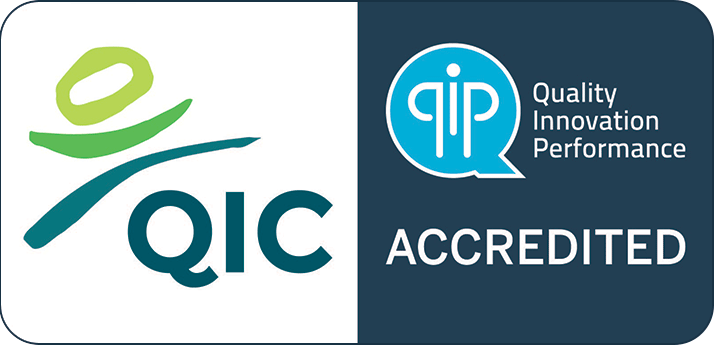Primary school student Chloe* believes her tablet is contaminated with bad luck, so she has stopped taking it to class. She worries that disaster will befall her family and friends if she uses the device. Chloe fell behind with her studies last term and her parents worry how she will cope this year. The 13-year-old is among an increasing number of young people presenting to Centacare’s PACE service for anxiety-related mental health challenges.
Over the past seven months, demand for support has trebled as clients aged up to 16 years, and/or parents of young children seek help.
Mental Health Peer Worker Alex Barr said obsessive compulsive disorder (OCD) was the leading concern, and was most likely triggered by COVID-19.
“As soon as COVID-19 restrictions started to ease, we were flooded with calls,’’ said Alex, who has supported clients as young as 8 in the past year.
“Pre-COVID, OCD was there but not to the extent we’re seeing it now.
“It might be some clients had a predisposition to OCD and because it’s been such a strange and stressful time with new school, hygiene and social norms, it’s been brought on sooner.’’
The indicators of OCD are obsessions – unwanted and intrusive ideas, thoughts, images or urges – and compulsions or rituals, which the person feels they must perform repeatedly in response to their obsessions.
Alex said contamination, fear of getting sick, magical thinking and harm were the most prevalent themes experienced by PACE clients.
In most cases, this was putting their schooling at risk.
“Often they are constantly late to school, or they don’t attend at all, due to extensive rituals before leaving the house,’’ she said.
“Some young people are not able to eat at school or in public, which is causing them social and health concerns.
“Others come to us with severe skin conditions caused by contamination OCD symptoms, such as repeatedly washing their hands.’’
In recent months, Alex has supported an older teen who worries he will hit someone in his car and repeatedly drives laps of the block to check, while a 14-year- old is fearful of using technology.
“He wouldn’t touch the phone to speak to us or use the laptop to send an email, which made it difficult to provide him with support remotely during lockdown,’’ Alex said.
PACE expects demand for support will keep rising, especially from parents, as the new school year, combined with a metropolitan-wide lack of specialist support for OCD, exacerbates students’ stressors.
“OCD doesn’t follow logic so it can be particularly hard for parents to understand it,’’ Alex said.
“Their parenting instinct is to help when their child is hurting, so often they start to enable their behaviours. They might start cleaning things for them, or buying new clothes if their child says their wardrobe is contaminated, or they might be too strict.
“By enabling behaviours, they are prolonging the recovery process. That can be the hardest thing for parents to understand because, emotionally, it’s very difficult to say no to a child in distress.’’
PACE offers one-on-one support for parents and caregivers of children with OCD or who are struggling with repetitive behaviours.
In addition, young people aged 16 or over can attend HOPE, the only peer-led support group in Adelaide, run by PACE each fortnight from Payneham Community Centre.
*For more information about PACE supports and the HOPE group, please phone 8303 6660 or email pace@centacare.org.au







